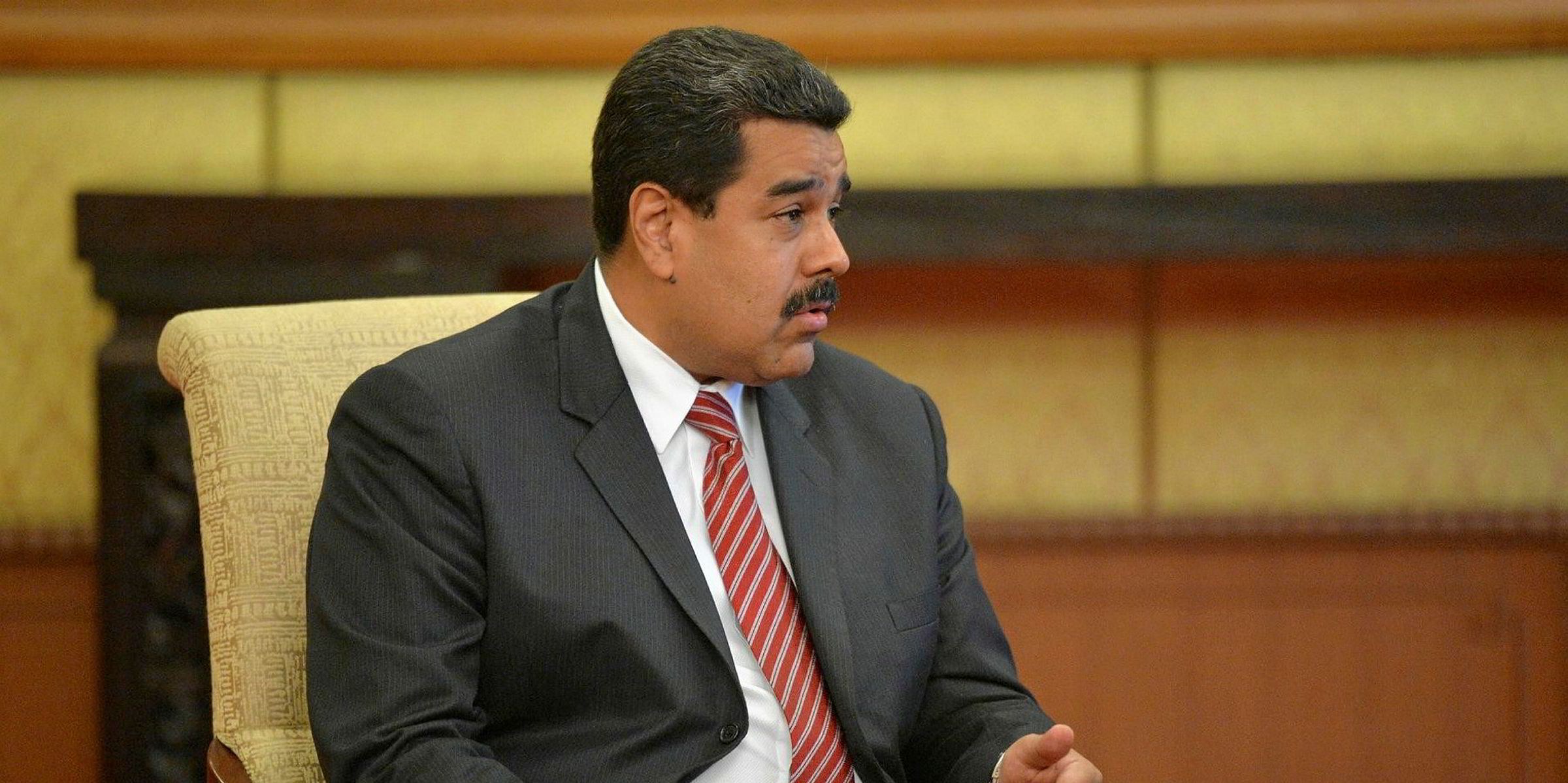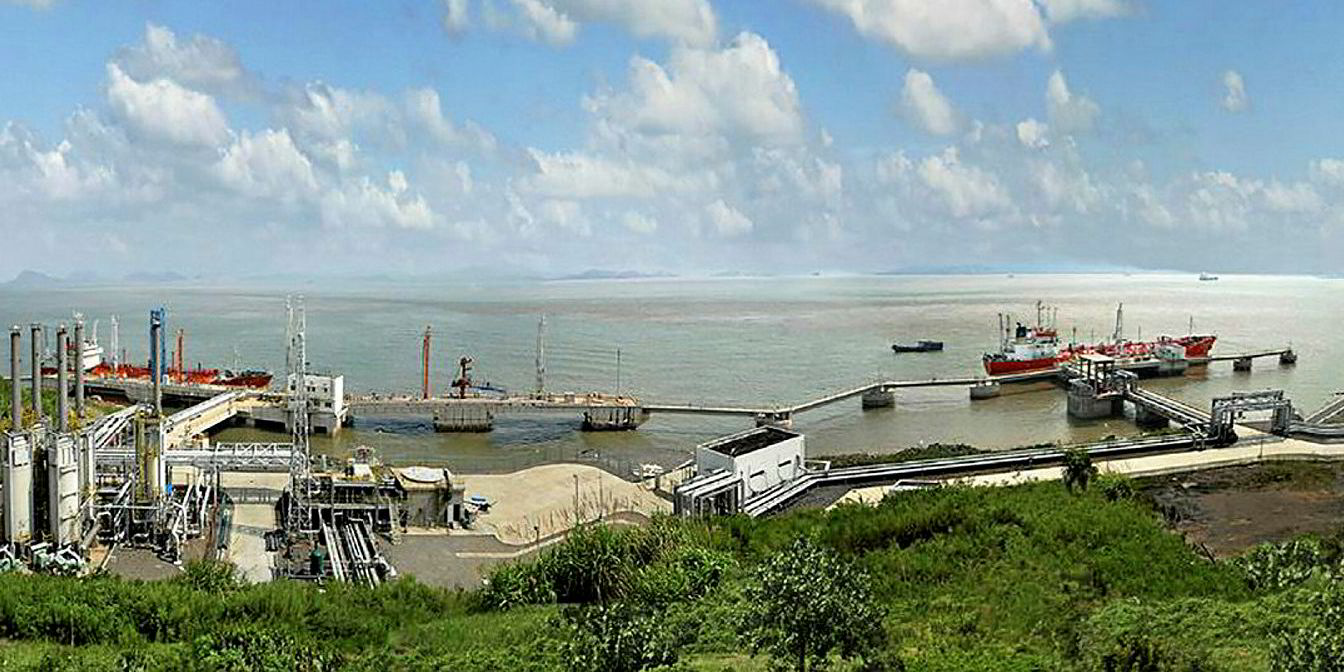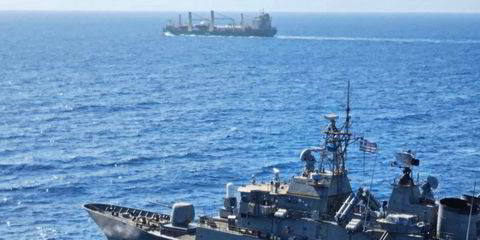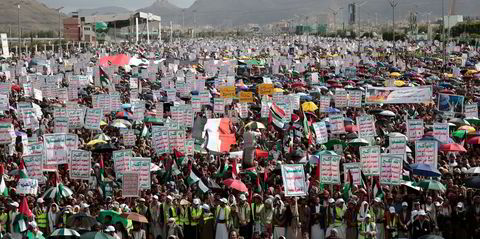Shipping has received a wake-up call, loud and clear, over US sanctions.
Recent actions from the Department of the Treasury’s sanctioning — or threatening to sanction — shipping companies have sent shock waves through the industry.
“This is an unpleasant wake-up,” said Elizabeth Rosenberg, who worked for the department during the Obama administration. Her tenure there included time with its Office of Foreign Assets Control (Ofac), the lead agency on sanctions.
“Naming public companies is a big deal. They’ve done it in other sectors, like when they named Rusal, the aluminium company. It had a really powerful effect on that industry.”
Most notably, Ofac sanctioned several companies connected to Chinese state-linked Cosco Shipping Energy Transportation over alleged dealings with Iran, sending charterers fleeing from the company and tanker rates skyward.
It also blacklisted shipowner PB Tankers and its entire fleet over a charter one of its vessels had with Cuban state oil import/export company Cubametales, and put several other owners, including Navigator Holdings, on notice for allegedly helping North Korea and Syria’s Bashar al-Assad regime circumvent sanctions.
A TradeWinds analysis of five years of Ofac designations shows a fourfold growth in the number of maritime actions — and a shift in focus.
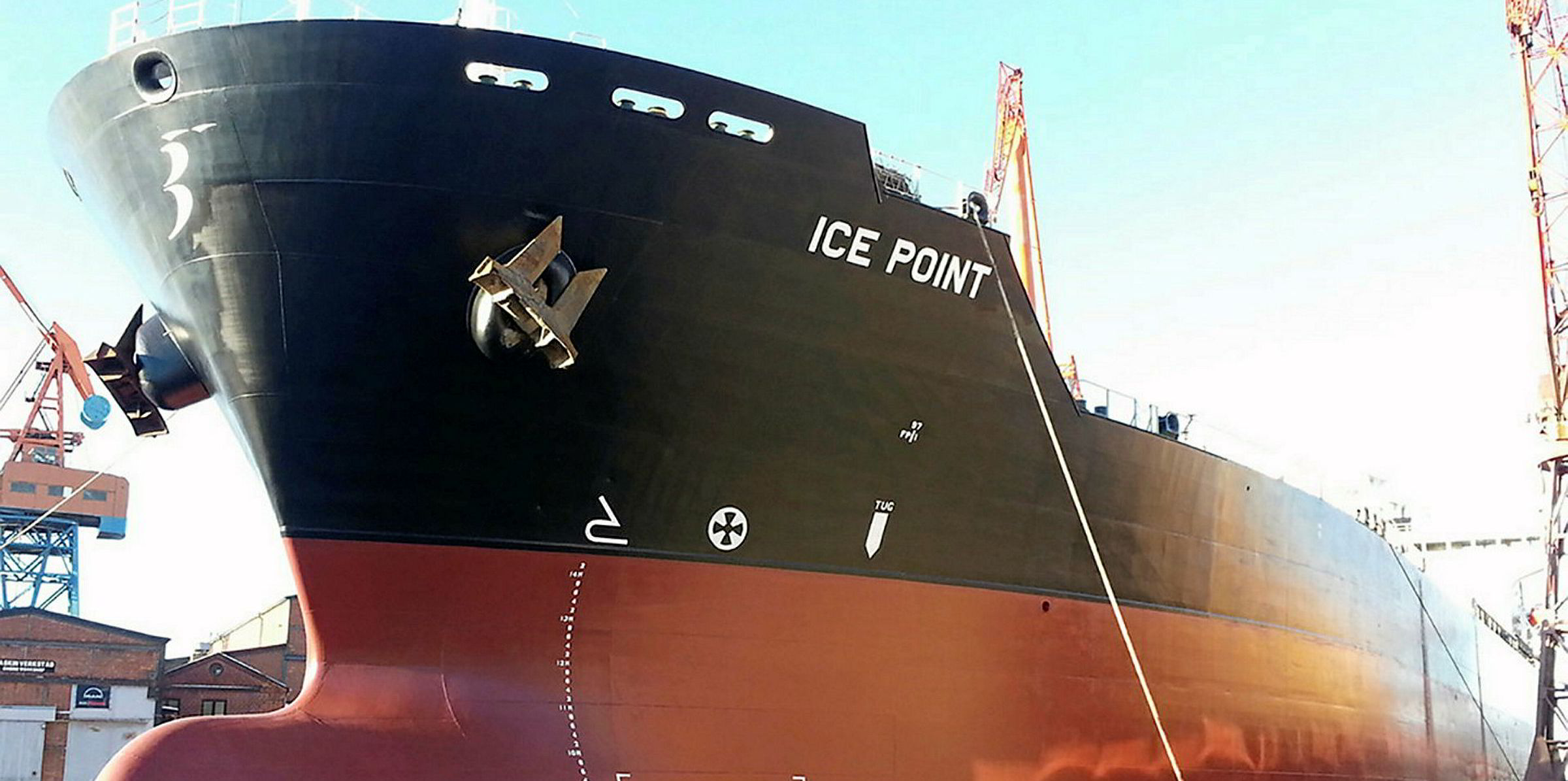
With more than two weeks left in the year, the agency has so far designated 124 entities related to commercial shipping in 2019, one more than in 2018. In previous years, numbers were far lower: 33 in 2015, 28 in 2016 and 43 in 2017.
Prosecutions
In those years, the designations were primarily against entities and vessels linked more closely to Iran or North Korea, rather than what Rosenberg calls the “outer circle” of more independent, globally integrated shipping companies.
Designations — being added to Ofac’s list of Specially Designated Nationals — are often referred to as “sanctioning” or “blacklisting”.
This in effect cuts off companies, individuals and ships from accessing the US financial system. It is one of Ofac’s enforcement methods alongside fines and criminal prosecutions.
No shipping companies have been fined or charged, although Ofac has levied $1.28bn in penalties this year — the most since at least 2008.
Rosenberg said big civil penalties, such as the $657m that Standard Chartered Bank paid this year, make headlines — but simply being on the list is sometimes deterrent enough.
“The Cosco designation, for example, was a huge wake-up for people in the shipping industry [and for] people who didn’t realise they have regulatory obligations under US law for something related to Iran,” she said.
The 2018 sanctions against Russian giant Rusal crippled its share price, while raising the price of aluminium. When the company was “unsanctioned” in January this year, 300,000 tonnes of aluminium reportedly re-entered the market, bringing the price down.
Rosenberg said another industry in which Ofac acted against individual companies to great effect was telecommunications, when Chinese company ZTE was designated for allegedly doing business with North Korea and Iran.
“It caused a lot of rearranging and lots of questions, and then the industry as a whole moved up the learning curve,” she said. “Now, the way people think about telecoms in East Asia is completely different.
“I think what we’re seeing is that process happening in the shipping industry.”
PB Tankers was one of those companies hurt by Ofac simply by being designated.
The Italian owner was sanctioned in mid-April and had its sanctions lifted 11 weeks later on 3 July, after it cancelled a charter with Cubametales and agreed to more stringent oversight.
It was heralded as one of the fastest delistings in Ofac history by PB Tankers’ attorneys from Blank Rome and Hill Dickinson, but the sanctions were punitive enough that the company filed for court protection.
Chief executive Massimo Nicolazzi said his company is holding restructuring talks with banks and he believes the process will be finished by June.
“But we are commercially fully operational,” he told TradeWinds.
‘Totally unhappy’
He said the sanctions cut off the company’s access to its banks, preventing it from paying creditors or crew.
“We were totally unhappy when it happened, because ... it was totally unexpected,” he said. “We were sanctioned based on [a charter] that had been there for three years without giving any problem.”
All five ships that also ended up on the Specially Designated Nationals list are currently on charters. “It was hard, but they are back in business,” Nicolazzi said.
However, he would not say whether he felt the sanctions were fair. “I would politely reserve the comment,” he said, laughing.

